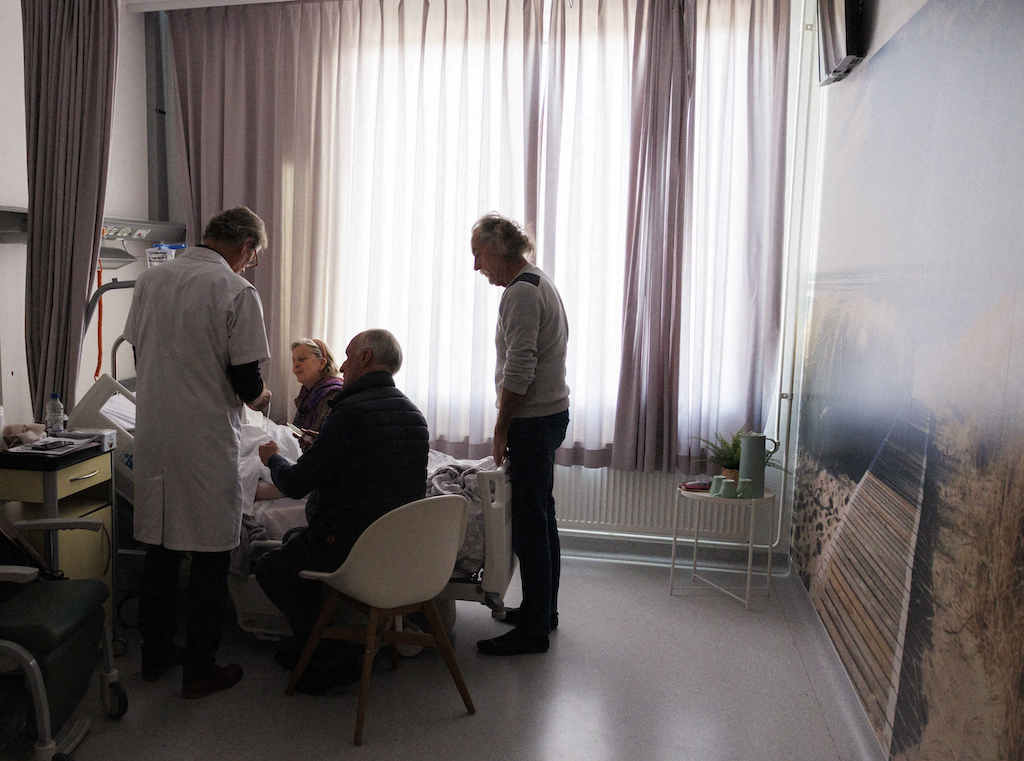In 2022, Global News said the quiet part out loud: poverty is driving disabled Canadians to consider MAiD. Those “some” who are driven to assisted death because of poverty or an inability to access adequate care deserve to live with dignity and with the resources they need to live as they wish. They should never, ever feel the pressure to choose to die because our social welfare institutions are starved and our health care system has been vandalized through years of austerity and poor management.
Given the way our institutions and economic and political elite create and perpetuate poverty in Canada, particularly among disabled people, we should be particularly sensitive to the implications of the country’s MaiD regime for those who are often ignored when warning about the dangers of the law.
…
While MAiD may be defensible as a means for individuals to exercise personal choice in how they live and how they die when facing illness and pain, it is plainly indefensible when state-induced austerity and mismanagement leads to people choosing to end their lives that have been made unnecessarily miserable. In short, we are killing people for being poor and disabled, which is horrifying.
It also includes a man whose application “hearing loss,” and whose brother says he was “basically put to death.”
My grandmother was a painter and lost her vision. She was no longer able to do what she loved. In her last several years, every time we’d celebrate her birthday, she’d wonder why she was still alive. You can’t look at MAiD requests simply, because every person has unique reasons that keep them going. Some people can bounce back from severe loss, and some cannot, or choose not to.
While I agree with a lot of points the article is making, I think we need to be calling for more critical review of MAiD applications, and increased oversight, not an outright reversal of the program. Those whom are applying due to lack of social safety nets need to be denied, and, most importantly, helped to find the resources required for them to be able to live a dignified and meaningful life if they so wish.
I’m sorry for your loss.
I don’t think MAiD is the problem - it’s our eroding social safety net that is the issue.
People should be able to end their lives with dignity at a time of their choosing. But they should be provided with the support they need to keep living as comfortably as they want.
It was quite a long time ago, so the pain has long since faded, but thank you for the kind words. (:
And to the rest of your comment, I 100% agree.
I also think this is an important discussion that Canadians need to be having.
Since most people are woefully uninformed about what MAiD is and isn’t, I’ll post this here:
““I’ve come to realize,” wrote Appel, “that euthanasia in Canada represents the cynical endgame of social provisioning with the brutal logic of late-stage capitalism — we’ll starve you of the funding you need to live a dignified life [. . .] and if you don’t like it, why don’t you just kill yourself?””
Sums up how that would go in America, too.
This is why Canadians need to talk about this stuff. Some MAiD recipients are being driven to suicide by an underfunded and ignored social safety net. That’s horrible. Our society is rich enough that we should be able to provide a decent quality of life to people with disabilities.
We have a national belief that we have strong supports for those who need it. That doesn’t seem to be the case.
It’s mostly the same in America - I have an invisible disability or two and it has been next to impossible to get access to the social safety net. The only viable avenue, if you aren’t visibly disabled, is to hire an attorney to work with the system.
That takes an humongous effort that not everyone can sustain on their own.
Why aren’t these systems activated at the point of diagnosis, for example? How many gaps are there in the safety net, really?
IMO I don’t ever see them allowing you to stop being a consumer especially not in such a way that makes them look bad. Best can be done is a cop shooting you when you have a mental health crisis. I also could see it being a genuine population crisis if it weren’t even more strict/bureaucracy-hell than MAiD.
Then of course, there will always be more people pushing back against programs like this than there ever will be for actually improving living conditions. People just don’t want to see or hear any reference to death, continued suffering is a lot more indirect and nebulous and thus ignorable.
How high are you right meow?




